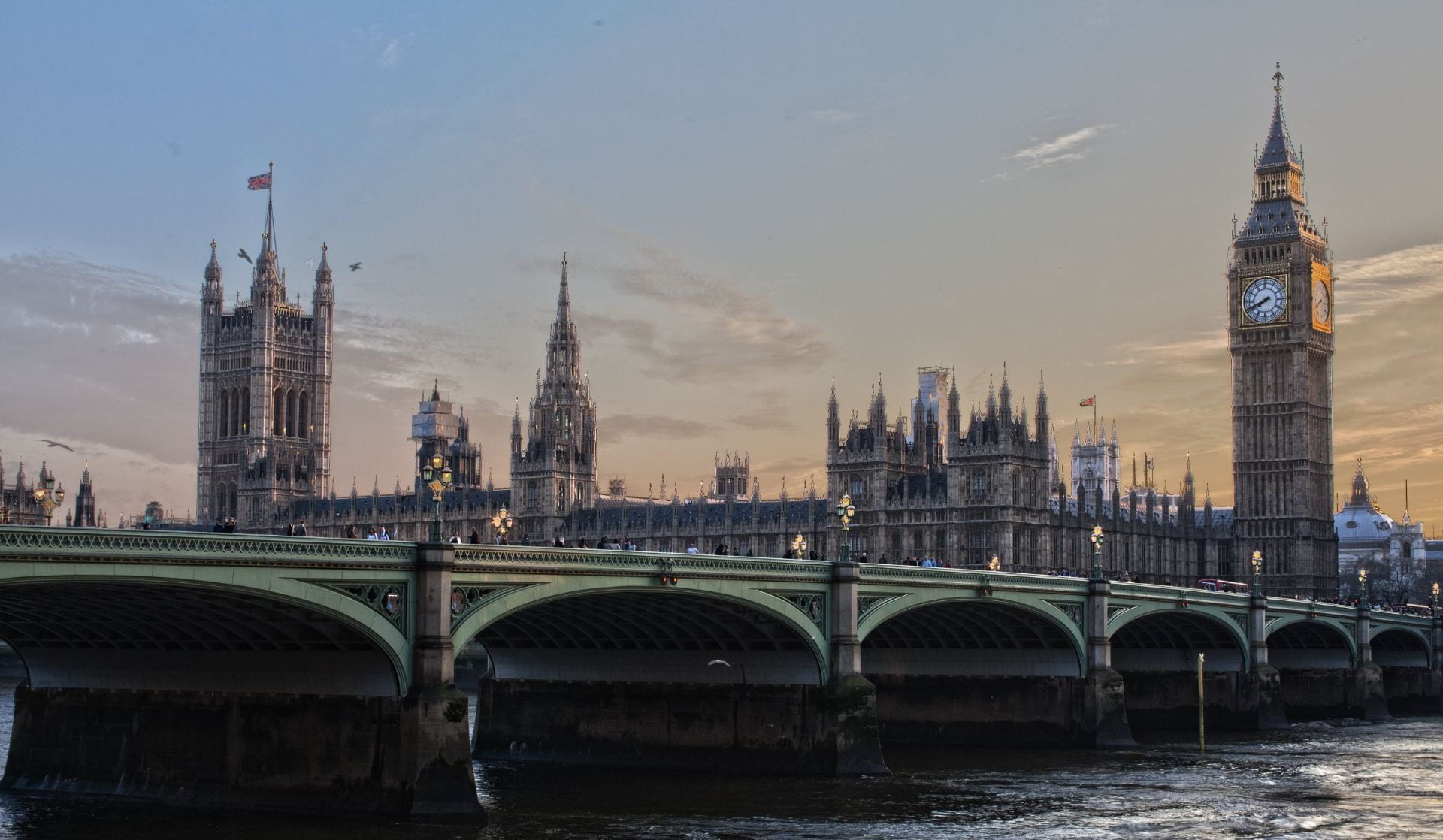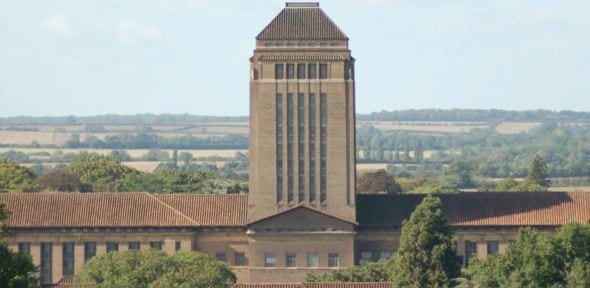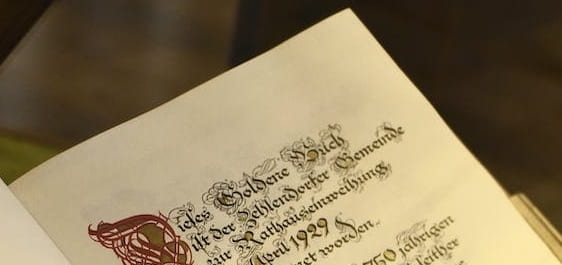Three History PhD alumni recently generously came back to the Seeley Library to tell the stories of their lives post their history PhD at Cambridge. Read on to be inspired by their journeys.
Hannah Rose Woods
Hannah wrote her PhD on urbanisation in modern Britain. She’s currently working on her second book, and alongside that she’s a freelance writer and cultural historian.
But how did she move into writing? Whilst at Cambridge, she was Peterhouse’s team captain on cult quiz show University Challenge and wrote about this experience for The Guardian and The New Statesman magazines. That led her into a role doing PR and marketing for a festival. From there a literary agent saw her journalistic writing and contacted her via Twitter (now X).

With Covid lockdowns in full swing, she decided that she had little to lose in making writing her career. Her first book, Rule, Nostalgia [Rule, Nostalgia (penguin.co.uk)], came out just at the time of the statue of Edward Colston being tipped into Bristol Harbour, so was highly topical.
What does Hannah do now? While the majority of her time is taken with writing and working on her second book, she also does book reviewing and writes a column for The New Statesman. She continues to do the publicity for her first book, including interviews, speaking at literary festivals, and book talks.
Hannah mentioned some of the inequities in writing, notably the large difference in the value of advances typically given to women in comparison to men, but also said she had been invited to sit on panels on the basis of being a young woman writer.
Hannah’s tips:
- Don’t forget the importance of social media; contact with agents and editors through Twitter.
- You don’t need hundreds/thousands of followers, making a ‘shop window’ to advertise your identity.
- Use your personal and professional networks
- Use an agent to help shape a book proposal. This contains your biography, a chapter- by-chapter structure, and one written-up chapter
- Remember that non-academic audiences read work differently; find ways to challenge your writing style
- Freelance writing can be a precarious job.
Tristan Stubbs
Tristan researched 18th century American slavery, specifically plantation overseers for his PhD. His route to his current role as Clerk in the House of Lords took in a period of time as a Tutorial Fellow at the University of Sussex before working as an intern with think tanks researching democratic reform and environmental policy.
These experiences gave him enough background to work for an MEP, and then for a time in Brussels at the European Parliament, before taking on policy roles within the Overseas Development Institute. He has been working within the House of Lords administration since 2017 as Clerk to various Committees, using the knowledge gained from his EU experience. He is now part of the governance of the House as a workplace.

While the book of Tristan’s PhD won a prize for American History writing, and he continues to write book reviews and articles, the move away from academia came as the need for stability increased following his PhD and the arrival of his first child.
Tristan’s tips:
- He has a number of colleagues with Humanities PhD
- The skill of being able to boil down an argument from taking in a great deal of information is extremely useful
- Gaining experiences in different fields can help build up a portfolio that may open different doors.
- Writing skills are extremely useful: practice being nonpartisan
James Freeman
James is the Cambridge University Library Medieval Manuscripts Specialist. His PhD was on the 14th century Polychronicon, written by a monk at Chester Abbey.
He started initially applying for academic jobs but saw his peers taking on lectureships where they were never able to get things published or getting their foot on the rung. He did some JRF applications and had an interview for a role as a lecturer at the University of Manchester. Alongside these activities he had been taking on library roles including, for example, book fetcher in the West Room, and as a graduate trainee librarian at Trinity College.
He successfully applied for a role at the British Library on Greek and Malay digitisation projects despite not having a background in these topics. He subsequently took a maternity cover role at the British Library, from where he moved onto Cambridge. James was keen to tell us about the many roles he applied for unsuccessfully before eventually getting this role.

There are professional qualifications for heritage professionals, such as people working in special collections, rare books, archives and museum curators, but many colleagues at the British Library instead had a PhD.
He sees his role as representing the manuscripts, being a conduit for information about the objects and doing special collection teaching, particularly for students from History, Latin and English
James’ tips:
- Keep going in applying for jobs – you will probably not get most of the ones you apply for
- Take opportunities such as maternity covers
- Get experiences while you’re at Cambridge
- Check for internship bursary schemes
The event was co-arranged by Dr Caitlin Harvey, who kindly contributed these notes along with Dr Joshua Fitzgerald.

